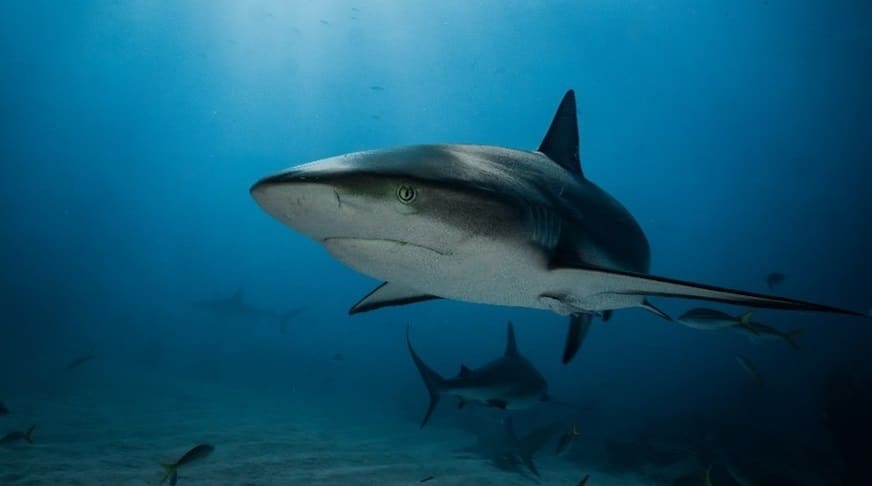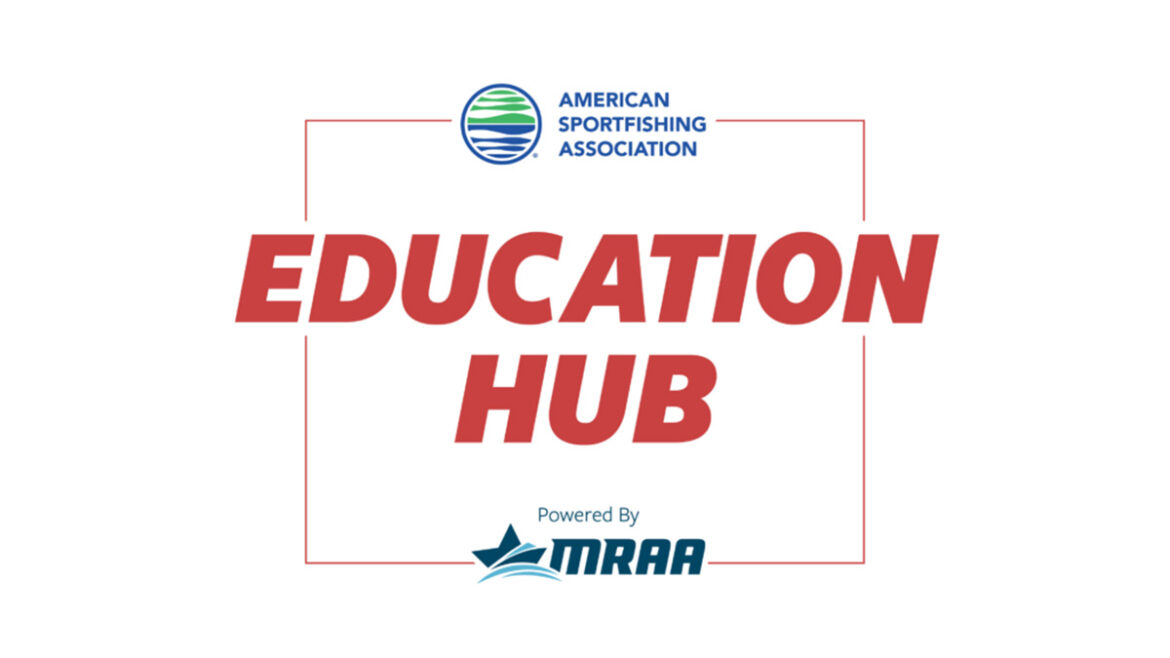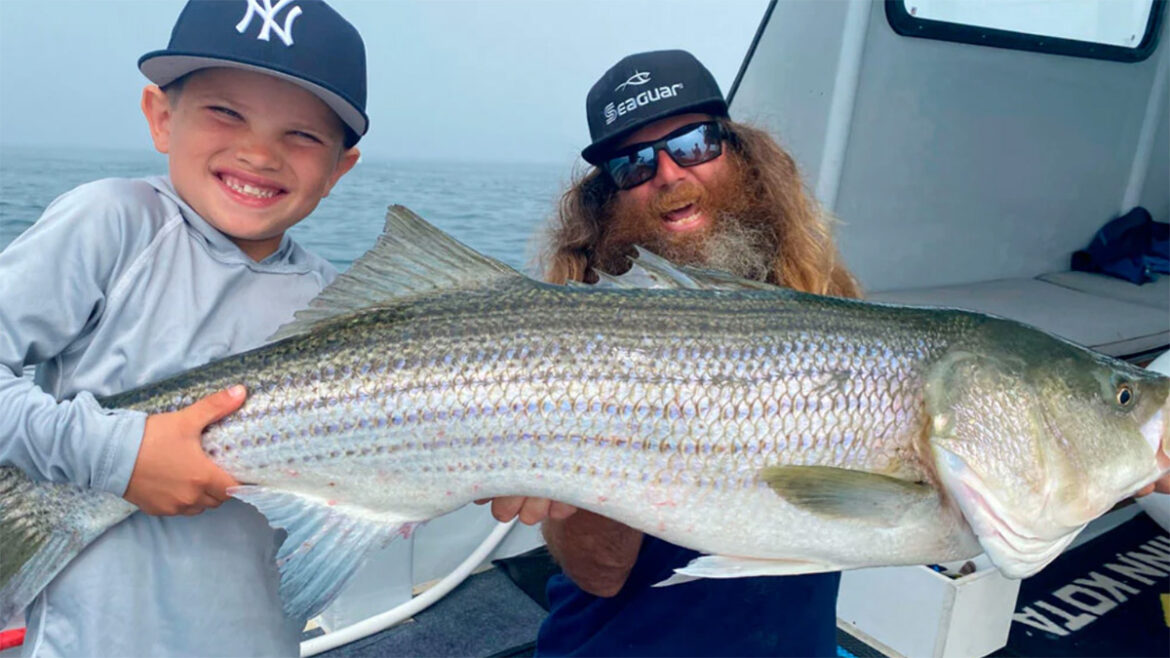Shark encounters and depredation events have always been a part of fishing. Unfortunately, anglers have observed that shark interactions are becoming more frequent, leading to damage or loss of fish, bait, and gear. Not only are these interactions frustrating, but also dangerous. Due to their growing frequency throughout many parts of the country, especially along the Atlantic coast, the southeastern United States, and the Pacific coast, anglers are demanding attention be brought to the issue.
In June 2023, legislation was introduced in the U.S. House of Representatives to help mitigate this issue. The bill would improve communication and coordination across the fisheries management community on shark depredation, setting a path forward to reduce the frequency of these interactions.
What’s the Issue
On June 12, 2023, U.S. Representatives Rob Wittman (R-Virginia), Darren Soto (D-Florida), Garret Graves (R-Louisiana), and Marc Veasey (D-Texas) introduced the Supporting the Health of Aquatic systems through Research, Knowledge, and Enhanced Dialogue (SHARKED) Act (H.R. 4051) in the U.S. House of Representatives. The bill focuses on shark depredation by establishing a task force comprised of fisheries managers and shark experts responsible for improving coordination and communication across the fisheries management community on shark depredation. The task force will identify research priorities and funding opportunities to limit depredation throughout the country.
The bill represents the first step towards mitigating shark depredation nationally and building foundational knowledge that can be used to improve future management, education, and research actions.
Why It Matters
Shark encounters are increasing throughout the U.S. In addition to the frustrations that sharks cause among anglers, there is also a worry that they can negatively impact fisheries, leading to stricter regulations intended to offset or avoid shark interactions.
While shark populations were previously reduced due to overfishing, management efforts have succeeded in rebuilding many shark stocks under the Magnuson-Stevens Fishery Conservation and Management Act. Conflicts between anglers and sharks are expected to further increase as shark populations continue to improve, requiring fishery managers and scientists to collaborate with the recreational fishing community on solutions that incorporate science and management policies.
What ASA is Doing
The American Sportfishing Association believes that fishery managers and the recreational fishing community must work together on solutions that proactively address shark depredation. In October 2022, ASA developed a position statement addressing shark interactions, outlining four pillars to address shark interactions in both the short and long term. The four pillars are education, management, policy, and research. Following the release of its position statement, ASA published a blog post on its Sportfishing Advocate blog highlighting the issue and solutions.
In June 2023, ASA co-signed a letter with 14 like-minded organizations thanking the SHARKED Act’s congressional sponsors for introducing the bill and highlighting its support of the legislation. ASA has also issued an Action Alert on its Keep America Fishing platform so ASA members and the public can send messages directly to their members of congress in support of the bill.
In July 2023, the House Committee on Natural Resources Subcommittee on Water, Wildlife, and Fisheries held a hearing on eight bills, including the SHARKED Act. ASA issued a press release thanking the subcommittee for their attention to the legislation.
For more information and suggestions on what actions people can take to help this legislation get passed, click here.







